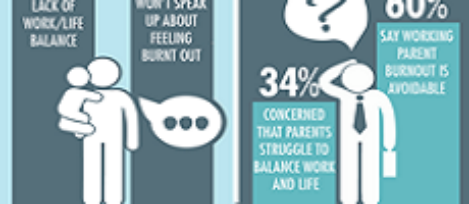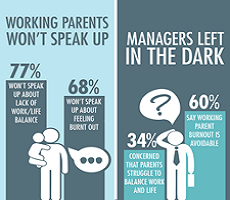September 28, 2016
Offering flexible working to mums could boost economy by £62.5 billion 0
 More than two thirds of stay-at-home mothers with young children would go back to work if flexible working was an option, a new study from Digital Mums and the Centre for Economics and Business Research claims. The survey of 1,600 mothers also suggests that more than a third of those already in work would put in more hours if they had better childcare arrangements based around flexible working. The WorkThatWorks report claims that women (and presumably some fathers) would contribute billions to the economy if more organisations were to offer parents more flexible work conditions. The report claims that currently, some 2.6 million mothers are out of the labour market although two thirds (68 percent) feel unable to return to work because of the lack of flexible working options. In addition, 60 percent of mothers already in work do not have access to flexible work despite the introduction of legislation in 2014 that offers them the right to request it.
More than two thirds of stay-at-home mothers with young children would go back to work if flexible working was an option, a new study from Digital Mums and the Centre for Economics and Business Research claims. The survey of 1,600 mothers also suggests that more than a third of those already in work would put in more hours if they had better childcare arrangements based around flexible working. The WorkThatWorks report claims that women (and presumably some fathers) would contribute billions to the economy if more organisations were to offer parents more flexible work conditions. The report claims that currently, some 2.6 million mothers are out of the labour market although two thirds (68 percent) feel unable to return to work because of the lack of flexible working options. In addition, 60 percent of mothers already in work do not have access to flexible work despite the introduction of legislation in 2014 that offers them the right to request it.






























September 10, 2016
Home working myths + Millennial’s needs + Global sustainability 0
by Sara Bean • Comment, Facilities management, Flexible working, Newsletter, Property, Workplace, Workplace design